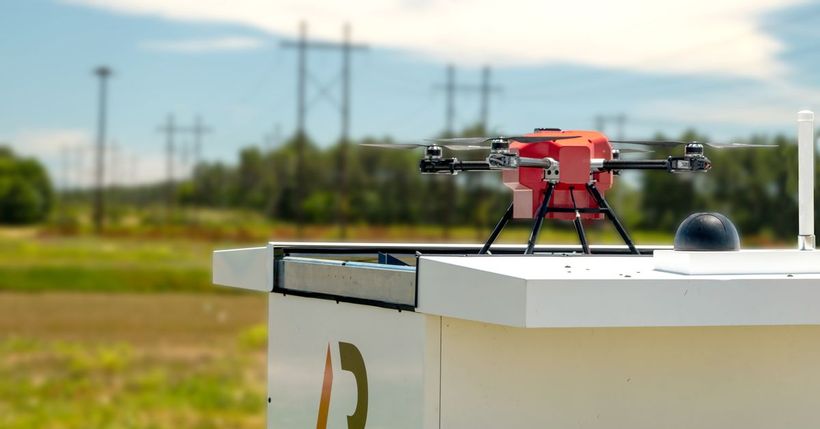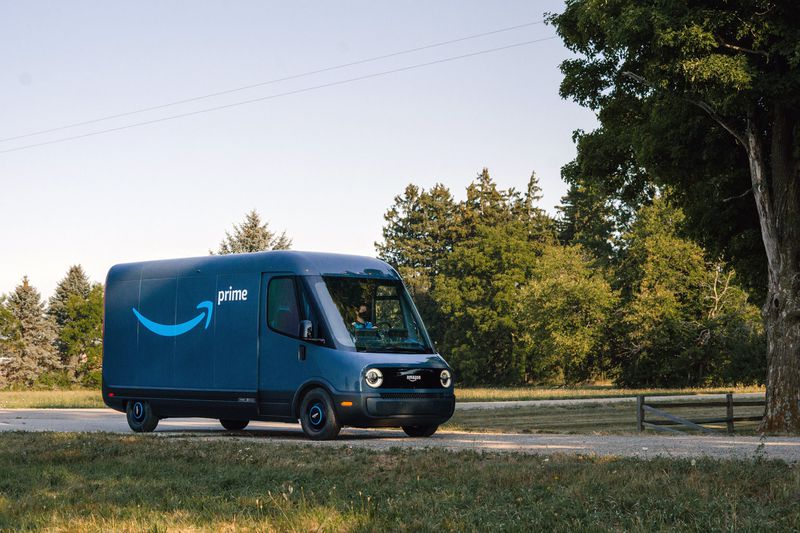The Federal Aviation Administration greenlit American Robotics this week to turn into the first company to work keen robots without requiring nearby pilots or spotters, the company declared Friday.
American Robotics, a industrial drone engineer based out of Massachusetts, will at present need a human pilot managing each flight’s departure distantly, so the cycle isn’t actually 100% self-governing, as the Verge notes. In any case, the choice brings the U.S. one bit nearer to seeing completely automated business drone flights.
What’s more, when organizations can genuinely scale mechanized robot tasks, it could “lend efficiencies to many of the industries that fuel our economy such as agriculture, mining, transportation” and other manufacturing areas, the FAA said in its endorsement archives per the Wall Street Journal. In a FAA proclamation delivered to the source on Friday, the organization added that “we conduct thorough safety assessments before issuing any unmanned aircraft operation approvals.”
Once noticeable all around, American Robotics’ Scout drone works completely all alone. The airplane autonomously explores its foreordained flight way with the assistance of an acoustic discovery framework to make it aware of hindrances, for example, feathered creatures or different robots to keep away from mid-air accidents.
It’s likewise customized to rapidly land if its frameworks identify breakdowns and can naturally revive at the organization’s climate confirmation drone lodging and charging stations. These Scout drones are essentially intended for ranchers, security staff, and home proprietors on the lookout for ethereal assessments and continuous investigation to enhance their current property maintenance routines.
“With these approvals, American Robotics is ushering in a new era of widespread automated drone operations,” said American Robotics CEO and prime supporter Reese Mozer on Friday. “With this set of approvals, American Robotics can begin safely operating our automated Scout platform for the benefit of the energy, infrastructure, agriculture, and security market verticals, helping unlock the projected $100 billion commercial drone market.”
Certain activity limitations actually apply. According to the waiver approved by the FAA, American Robotics can just fly its smart drones in certain rustic regions in Kansas, Massachusetts, and Nevada and may not surpass elevations of 400 feet, as indicated by the Journal.
The FAA has recently approved past visual-line-of-sight waivers for a chosen handful companies, American Robotics notwithstanding, to utilize self-flying robots to investigate spotter tracks, pipelines, and other mechanical destinations inasmuch as a human pilot or spotter stayed in the region.
However, the current week’s approval denotes an original legitimate achievement, one that makes ready for designers in the robot business to extend activities for pilot-less aircraft.
Disclaimer: The views, suggestions, and opinions expressed here are the sole responsibility of the experts. No Miami Times Now journalist was involved in the writing and production of this article.


